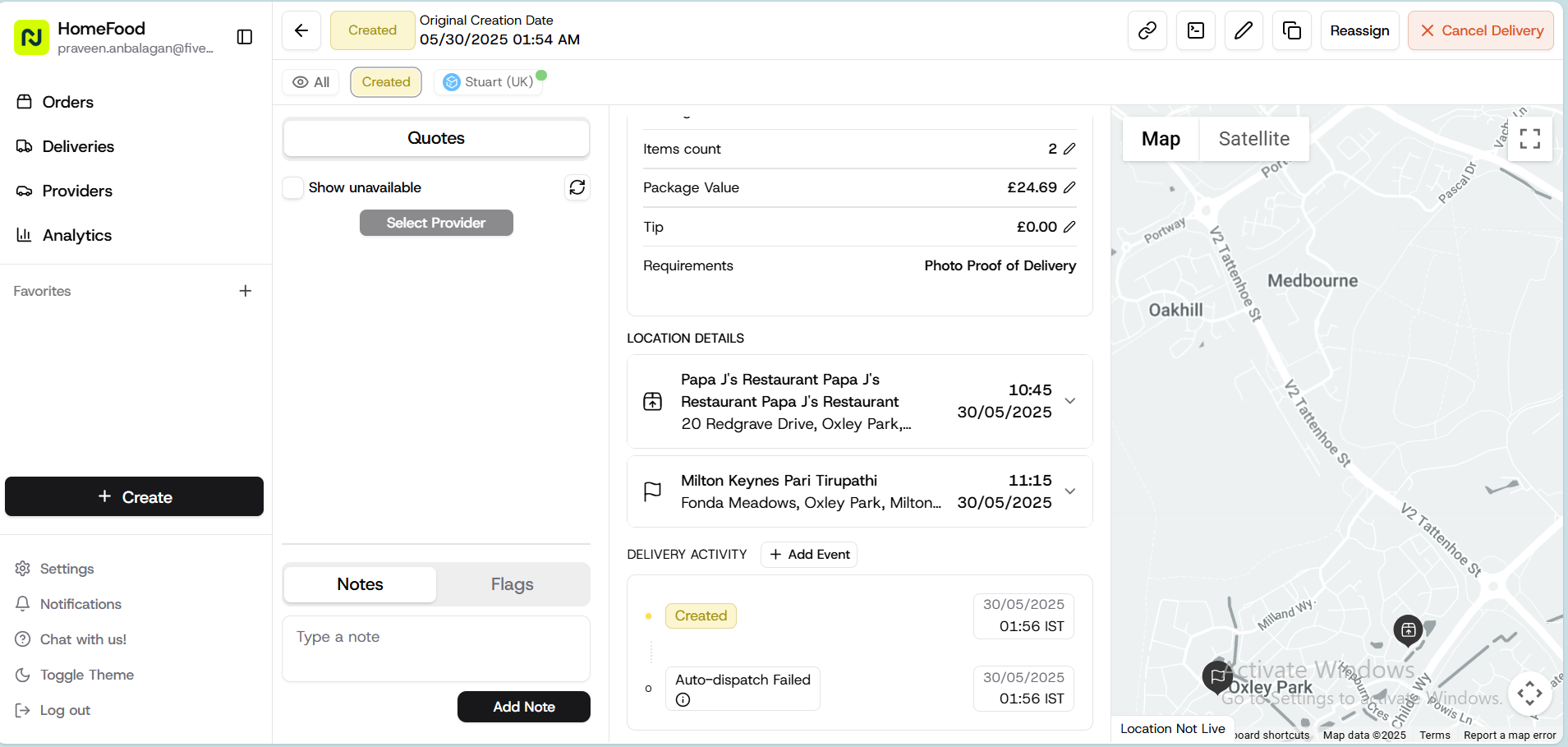What is a Balanced Diet?
A balanced diet includes a variety of foods that provide essential nutrients in the right proportions. It consists of:
1. Carbohydrates (50-60% of daily intake)
- Found in whole grains, fruits, vegetables, and legumes
- Provides energy for daily activities
- Supports brain function and metabolism
2. Proteins (10-35% of daily intake)
- Found in lean meats, fish, eggs, dairy, beans, and nuts
- Essential for muscle growth, tissue repair, and enzyme production
- Helps in cell regeneration and immune system support
3. Fats (20-35% of daily intake)
- Healthy fats from olive oil, avocados, nuts, seeds, and fatty fish
- Supports brain function, hormone production, and cell growth
- Helps in the absorption of fat-soluble vitamins (A, D, E, and K)
4. Vitamins and Minerals
- Found in fruits, vegetables, dairy, and whole grains
- Supports bone health, immunity, and various metabolic functions
- Key vitamins: Vitamin C (immune system), Vitamin D (bone health), Iron (oxygen transport), Calcium (bone and teeth strength)
5. Fiber
- Found in whole grains, fruits, vegetables, and legumes
- Aids digestion and prevents constipation
- Helps in weight management and reduces cholesterol levels
6. Water
- Essential for hydration and body temperature regulation
- Helps in digestion, circulation, and detoxification
- Recommended intake: 8-10 glasses per day
Health Benefits of a Balanced Diet
1. Boosts Energy Levels
- A well-balanced diet provides sustained energy throughout the day
- Prevents fatigue by stabilizing blood sugar levels
2. Supports a Strong Immune System
- Nutrient-rich foods help in the production of antibodies and white blood cells
- Vitamins C, D, and Zinc enhance immune defense against infections
3. Promotes Heart Health
- Reduces the risk of heart disease by controlling cholesterol and blood pressure
- Omega-3 fatty acids (from fish and nuts) improve cardiovascular health
4. Aids in Weight Management
- Helps maintain a healthy weight by balancing calorie intake and expenditure
- High-fiber foods promote satiety and prevent overeating
5. Improves Digestion and Gut Health
- Fiber-rich foods aid digestion and prevent constipation
- Probiotics from fermented foods (yogurt, kimchi, kefir) support gut flora
6. Enhances Brain Function and Mental Health
- Omega-3 fatty acids and B vitamins support cognitive function and memory
- A balanced diet reduces the risk of anxiety and depression
7. Strengthens Bones and Muscles
- Calcium, Vitamin D, and protein help in maintaining strong bones and muscles
- Reduces the risk of osteoporosis and fractures
8. Lowers the Risk of Chronic Diseases
- A balanced diet helps prevent diabetes, hypertension, and certain cancers
- Antioxidants in fruits and vegetables protect against cell damage
Tips for Maintaining a Balanced Diet
- Eat a variety of foods to ensure all nutrients are included
- Limit processed and sugary foods to avoid unnecessary calories
- Choose whole grains over refined grains for better fiber intake
- Drink plenty of water and stay hydrated throughout the day
- Control portion sizes to maintain a healthy weight
- Include healthy fats like avocados, nuts, and olive oil
- Eat at regular intervals to maintain stable energy levels
- Plan meals in advance to avoid unhealthy food choices











